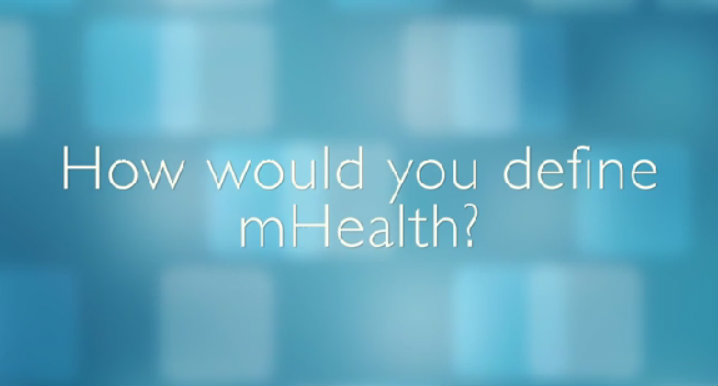This past week, Raymond Besiga, my co-fellow on the Global Health Corps fellowship, and I met with Dr. Paul Muyinda, a leading mLearning practitioner in sub-Saharan Africa.
In 2008 Makerere University, started a mobile broadcast system of one way communication to students regarding administrative and academic support information. This was the first step to an innovative mLearning project. Since 2011, the distance learning team has been developing a 2 way communication tool of “virtual mLearning”, drawing on collaborative learning theories. In this case, the student (user) would receive communication from their lecturer, such as a discussion question and respond to it via an assigned response code. The questions and responses are stored in an online system for later reference by those with Internet access. “Virtual mLearning” will be deployed in April 2012.
The Department of Open and Distance Learning is also developing a “Virtual mNotice Board” support tool that will search within the University for the most sought after information. Instead of students going to campus to find out that they have gone to the wrong office, need a different form, etc, they can search a directory of campus services on their basic mobile phone.
Lecturers are generally motivated to engage in mobile learning as it is convenient for them as well and they are often paid for participating on “External Program” activities. These lecturers can stay up to date with students using mobile messages and track their students after they leave the classroom. They do complain about privacy issues with the current mobile broadcast system where students call their personal numbers, send messages at odd hours of the day and are generally “too responsive.”
Dr. Muyinda brought up the issue that Mr. Okumu had discussed earlier this month about the project specific Learning Management Systems. Each project has its own version of Moodle (in this case) as it is easier to set up and test your own copy than manage the technical bureaucracy of working with the main system during the project development phase.
The biggest problem Dr. Muyinda’s mLearning project faces is funding, where the short code costs US $2000. Also costs of SMS aggregation have to be factored in plus cost of acquiring test equipment. There are also cost of developing the application itself.
The Project is looking forward to the realization of the Virtual mNotice Board (Virtual mobile learning notice board) and social media for use to achieve third generation open and distance learning. Virtual mLearning will be piloted in April 2012 and updates will come about the success and challenges of this project. As more mLearning projects are deployed, we discover more about how to use technology for education and about how we learn.


